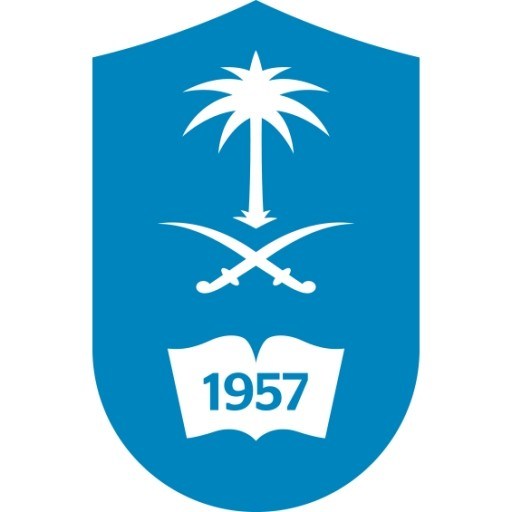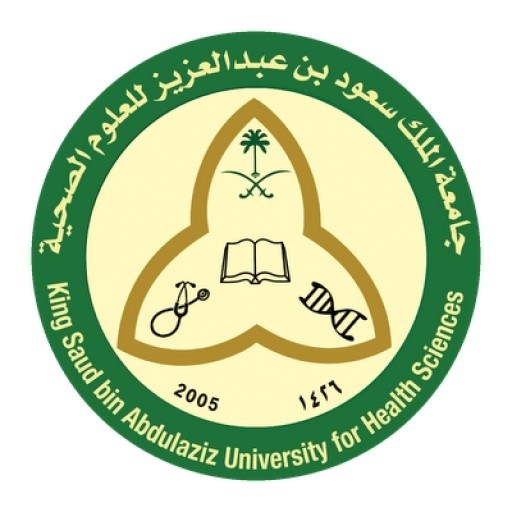Photos of university / #king_saud_university
The Bachelor of Science in Finance at King Saud University is a comprehensive undergraduate program designed to equip students with essential knowledge and practical skills in the field of finance. This program aims to prepare graduates for diverse careers in banking, investment, corporate finance, financial management, and other areas related to the financial sector. The curriculum combines theoretical foundations with applied approaches, ensuring students gain a deep understanding of financial principles, economic environments, and analytical techniques. Students will explore core topics such as financial accounting, managerial accounting, financial markets and institutions, investment analysis, financial management, risk assessment, and international finance. The program emphasizes the development of critical thinking, quantitative analysis, and decision-making skills necessary for effective financial analysis and problem-solving in real-world scenarios.
Throughout their studies, students engage in rigorous coursework complemented by practical experiences, including case studies, internships, and research projects. The program also focuses on ethical considerations, regulatory frameworks, and the latest technological advancements impacting the financial industry. Special attention is given to developing proficiency in financial software tools and data analysis techniques, preparing students to adapt to the rapidly evolving financial landscape. The faculty comprises experienced professionals and researchers committed to delivering high-quality education and fostering a stimulating learning environment. Graduates of the Finance program at King Saud University are well-positioned to pursue careers in financial consulting, asset management, corporate finance, and related fields, or to continue their education through postgraduate studies. The program's overarching goal is to produce knowledgeable, responsible, and innovative finance professionals who can contribute effectively to the economic growth and development of their community and beyond.
Courses From Related Fields outside the Finance department
- Statistical Methods with Applications in Finance
- Economics
- Financial Accounting
- Financial Econometrics
Core Courses
- Corporate Finance
- Financial Markets and Institutions
- Investment Analysis
- Advanced Corporate Finance
- Assets Valuation
- Derivatives
- Financial Risk Management
- Research Project
Elective Courses
- Financial Modeling
- Asset Management
- Real Estate Finance
- Seminar in Finance
- Case Studies in Finance
- Have a bachelor degree from an accredited institution.
- Pass the exam and interview
- Obtain a minimum score on TOEFL or IELTS. Internet-based TOEFL 61, Computer-based TOEFL 173, Paper-based TOEFL 500, IELTS 6
- Proving a good conduct and being medically fit.
- Submitting two academic recommendations from professors who have taught applicant.
- Employer's approval, if applicant is an employee; in very limited circumstances this approval may be postponed until enrollment into courses.
Program financing at King Saud University is primarily supported through a combination of government funding, institutional resources, and various financial aid programs. As a leading public university in Saudi Arabia, King Saud University benefits from the Saudi Ministry of Education’s budget allocations, ensuring the continuous funding of academic programs, infrastructure, and student services. The university also offers scholarships and financial assistance to both local and international students, which are subsidized by government initiatives aimed at promoting higher education accessibility and excellence. These scholarships often cover tuition fees, housing allowances, and living expenses, making education more affordable for qualified students.
In addition to governmental support, King Saud University has partnerships with various private sector organizations and finance institutions that contribute to research and development projects, which indirectly bolster the financing of academic programs such as Finance. These collaborations may include sponsorships, grants, or fundraising campaigns dedicated to enhancing educational quality and research capabilities. The university also generates revenue through tuition fees paid by international students and certain postgraduate programs, including specialized finance courses designed to attract a diverse student body.
Students enrolled in the Finance program may be eligible for multiple financial aid options, including internal scholarships based on academic merit, need-based grants, and external funding from Saudi government agencies or international bodies. Moreover, the university has established financial counseling services to guide students in securing additional funding or financial planning for the duration of their study. The overall financing strategy aims to ensure sustainable growth of the university’s academic offerings, maintain high standards of education, and promote equitable access to financial resources for all students enrolled in the Finance program.
The Bachelor of Finance program at King Saud University is designed to equip students with a comprehensive understanding of financial principles and practices. Covering core topics such as financial management, investment analysis, corporate finance, banking, and financial markets, the program aims to prepare graduates for successful careers in various financial sectors. The curriculum integrates theoretical knowledge with practical skills, enabling students to analyze financial data, make informed decisions, and develop strategic financial plans.
Students will engage in coursework that emphasizes quantitative analysis, economic principles, and financial modeling. The program also offers opportunities for internships and real-world projects, fostering practical experience and industry connections. Faculty members are experienced specialists in financial theory and practice, ensuring that students receive high-quality education aligned with current industry standards.
The Department of Finance collaborates with leading financial institutions and organizations to provide students with exposure to real-world financial environments. Graduates of this program are positioned to pursue careers in banking, investment firms, corporate finance departments, financial consultancy, and governmental financial agencies.
The program emphasizes ethical standards and professional responsibility, preparing students to navigate the complex financial landscape responsibly and effectively. Additionally, the curriculum incorporates the latest technological advancements in finance, including financial software and data analysis tools, ensuring students are well-versed in digital financial services.
Admission requirements typically include a strong academic record in high school, particularly in mathematics and economics, along with passing the university entrance exam. The program duration is four years, structured into academic semesters, with opportunities for specialization in areas like investment, risk management, and financial planning.
King Saud University commits to maintaining high academic standards and continually updating its finance curriculum to reflect the evolving financial sector. The program also encourages research activities and participation in national and international conferences, fostering academic growth and professional development.
Overall, the Bachelor of Finance at King Saud University aims to develop competent, ethical, and innovative financial professionals ready to contribute to the growth and stability of the financial sector in Saudi Arabia and beyond.

